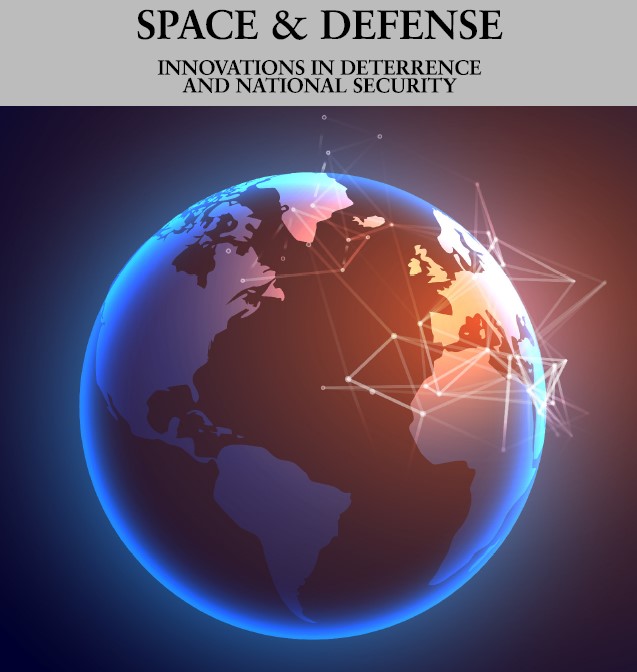Space and Defense

Abstract
In its unjust war, Russia rakes at Ukrainian civilian targets using dual-capable missiles. China meanwhile tightens the screws on Taiwan as it cements its friendship with Russia and continues its buildup of strategic nuclear warheads.1 Conventional wisdom and U.S. policy under such tense conditions unduly discount expectations for arms control.2 Arms control, in the popular mind, centers on bans in testing or deployment, and is therefore terminally associated with disarmament. Trepidation about disarmament fuels assumptions in polarized democracy, and the United States in particular, about the narrow political conditions under which arms control can succeed during great power competition. Conventional prerequisites, such as benign, cooperative relations going in and superiority or at minimum parity of forces coming out of negotiations, are imposed instinctively in tough times, without sufficient reflection on the historical record.
DOI
10.32873/uno.dc.sd.15.02.1271
Creative Commons License

This work is licensed under a Creative Commons Attribution 4.0 License.
Recommended Citation
Coletta, Damon
(2024)
"Arms Control Optimism and Great Power Competition,"
Space and Defense: Vol. 15:
No.
2, Article 22.
DOI: 10.32873/uno.dc.sd.15.02.1271
Available at:
https://digitalcommons.unomaha.edu/spaceanddefense/vol15/iss2/22
Files over 3MB may be slow to open. For best results, right-click and select "save as..."
Included in
Asian Studies Commons, Aviation and Space Education Commons, Defense and Security Studies Commons, Eastern European Studies Commons, International Relations Commons, Leadership Studies Commons, Near and Middle Eastern Studies Commons, Nuclear Engineering Commons, Science and Technology Studies Commons, Space Vehicles Commons
